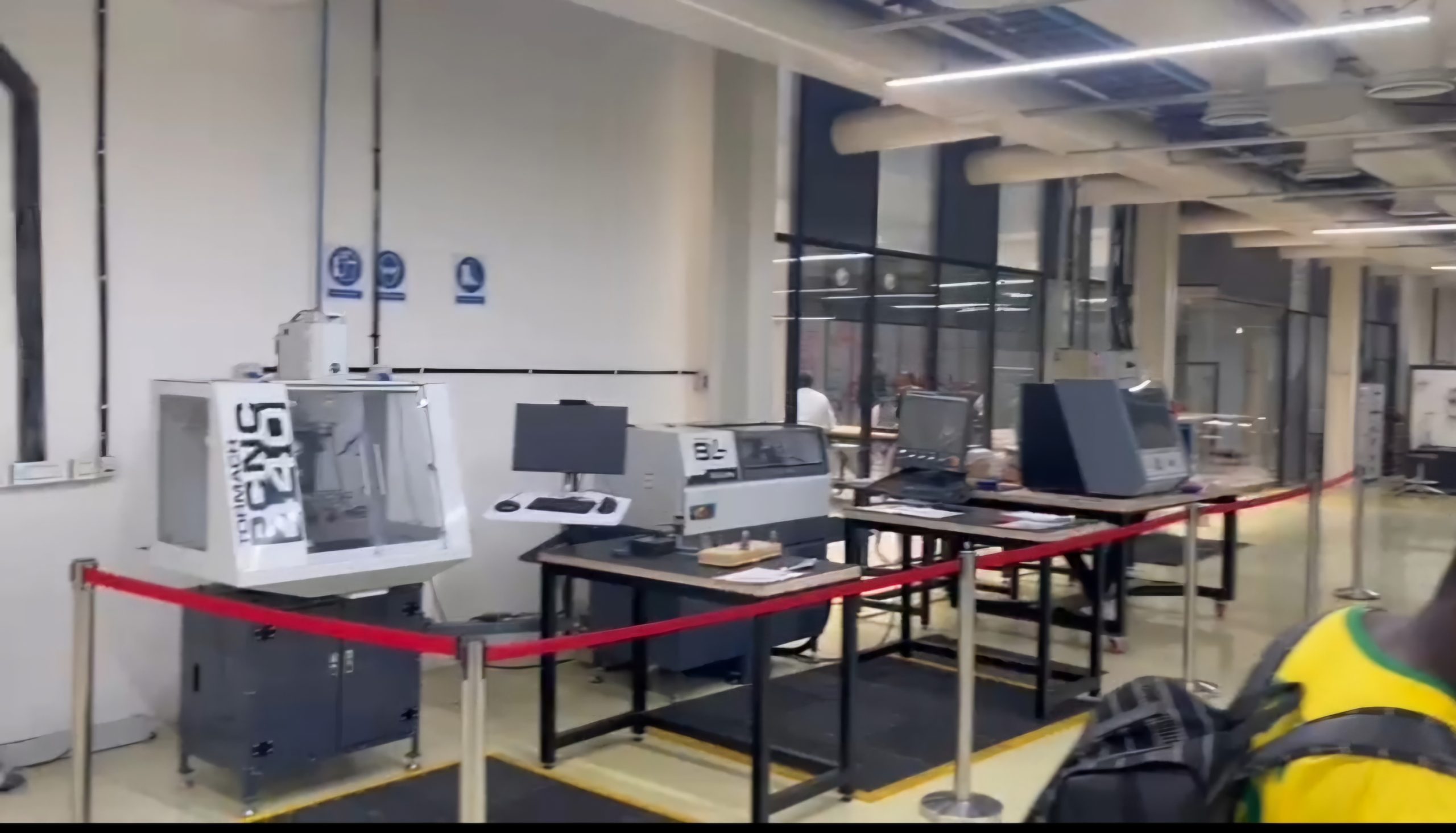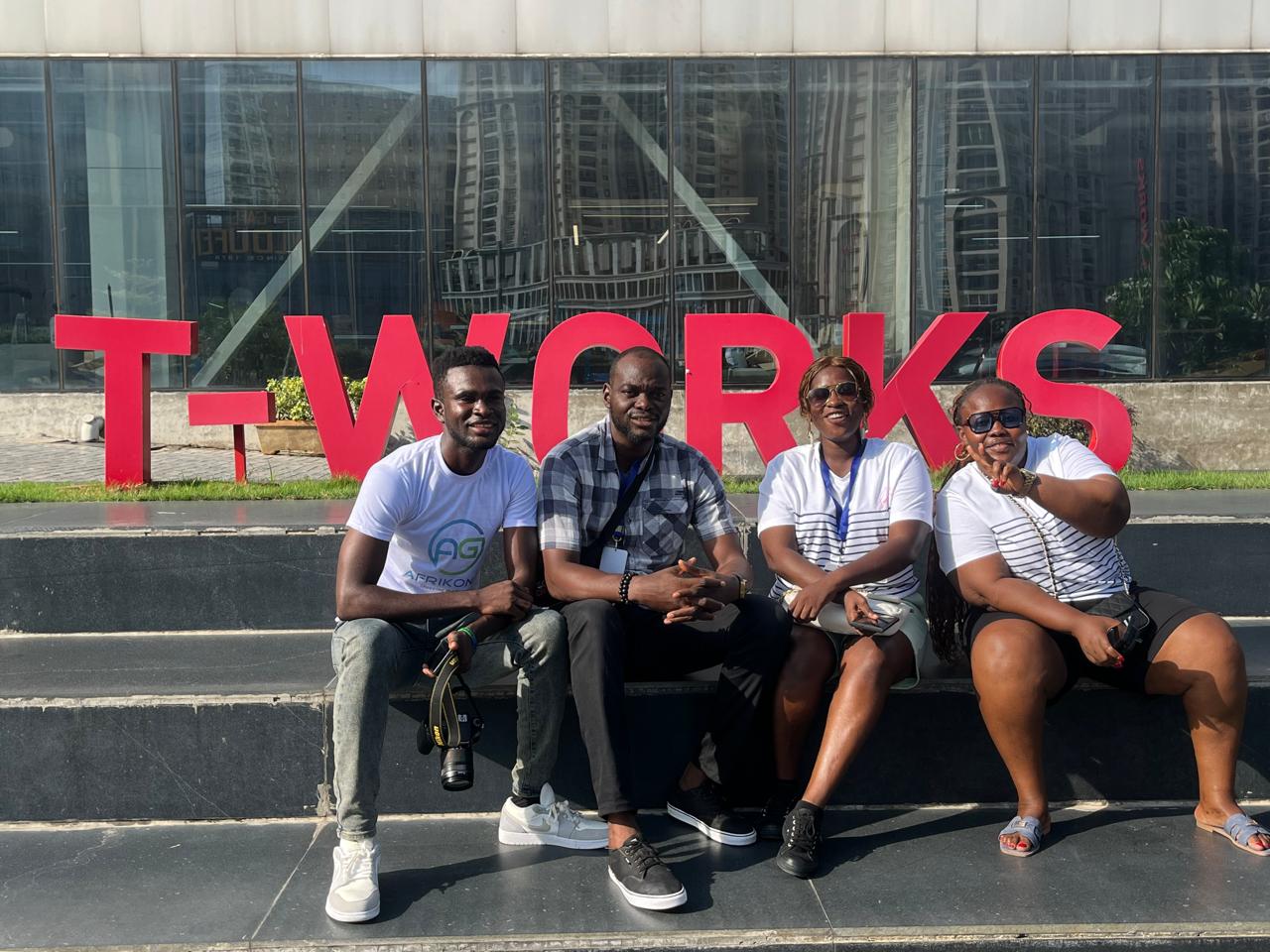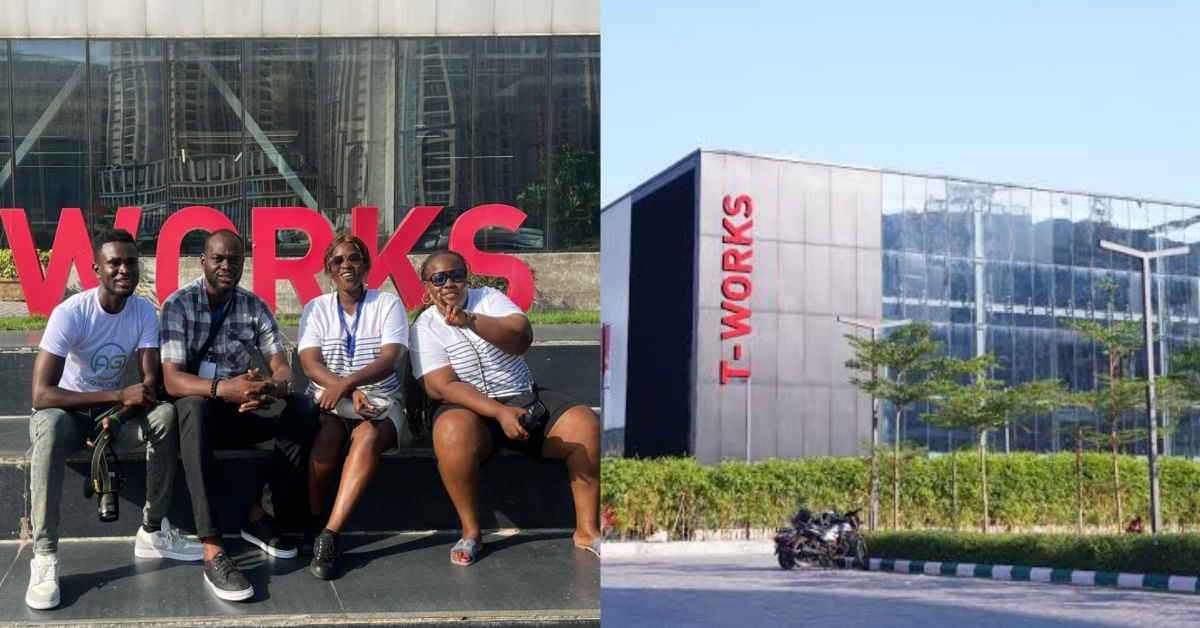During a recent familiarization visit organized by the Indian Ministry of External Affairs (MEA) for content creators from Western and Central Africa, I had the rare opportunity to explore T-Works, India’s largest fully integrated hardware prototyping facility — and what I discovered was nothing short of extraordinary.
Located in Hyderabad, T-Works is a bold public initiative established by the Government of Telangana to democratize access to advanced tools for innovation. Spanning over 78,000 square feet, this world-class facility is packed with over 250 industrial-grade tools, including state-of-the-art 3D printers, laser cutters, CNC machines, and multilayer PCB fabrication equipment.
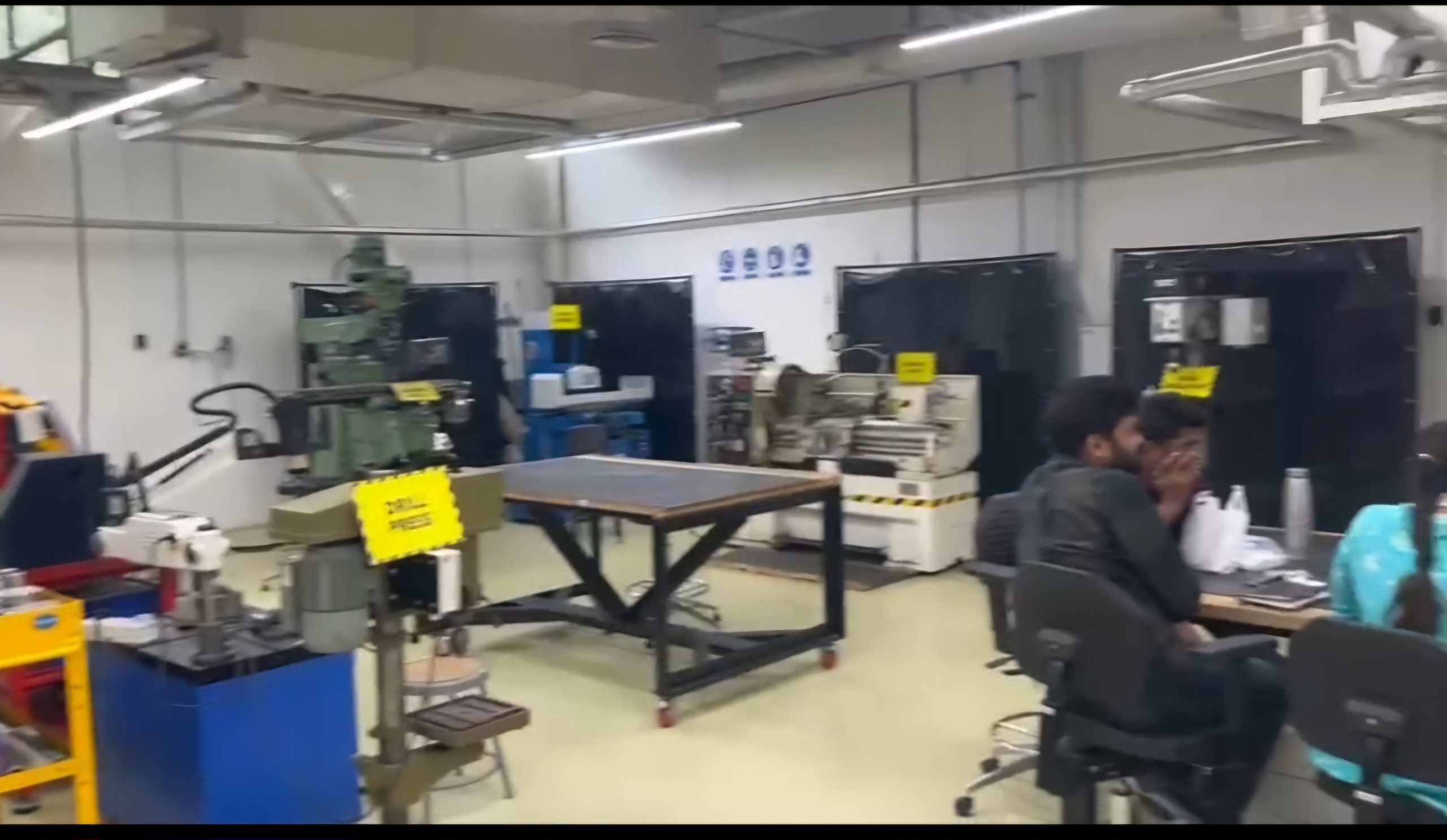
What makes T-Works even more remarkable is its open-access and non-profit model, welcoming everyone from curious school children and university students to startups, micro-enterprises, and even large corporations.
During my tour, I met children as young as 10 and 11 years old confidently working on real-world prototypes. Some were building robotic arms, while others experimented with IoT-based smart solutions.
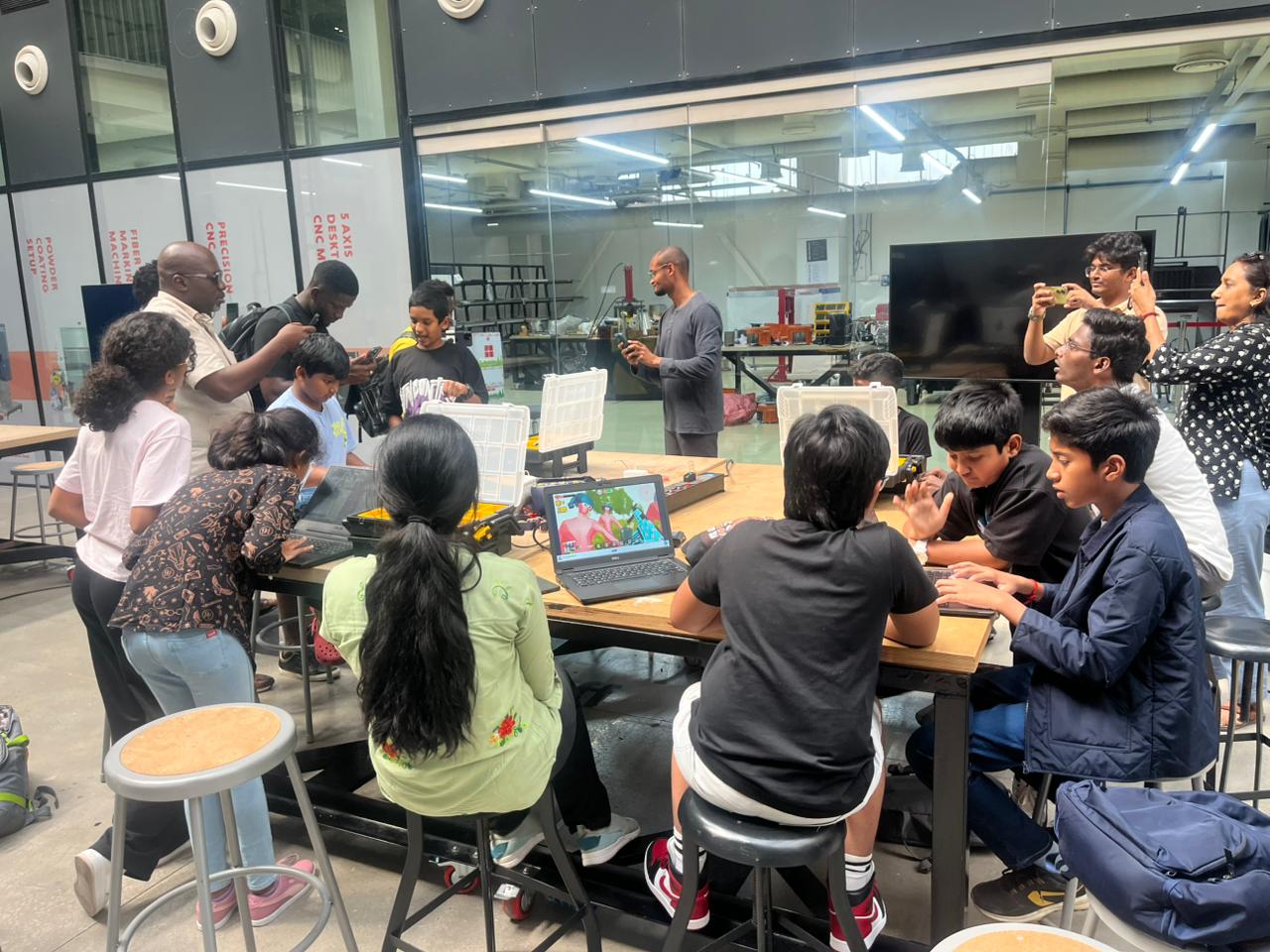
T works india
These young minds are being nurtured in an environment that encourages curiosity, hands-on learning, and design thinking from an early age.
T-Works is more than just a facility — it is the heartbeat of a growing maker culture in India. It plays host to events like the Maker Faire Hyderabad, which in its last edition attracted over 30,000 participants, including engineers, artists, and inventors from across the country. These gatherings are a celebration of creativity and practical innovation.
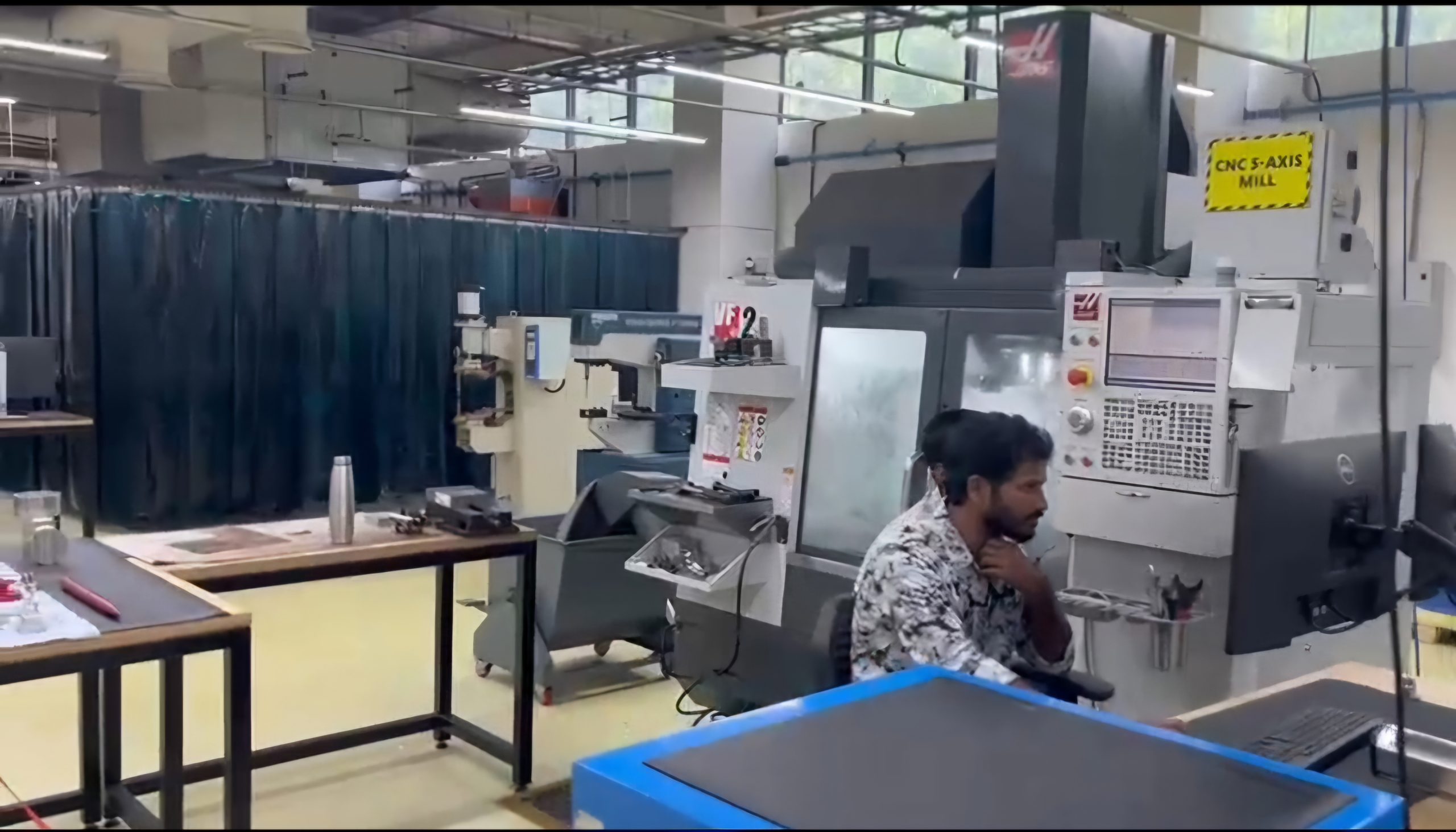
The success of T-Works is largely fueled by strategic partnerships with global giants such as Qualcomm, which helped establish a multilayer PCB prototyping lab; Mouser Electronics, which streamlines access to electronic components; and Dassault Systèmes, which supports startups with advanced design tools like SOLIDWORKS and the 3DEXPERIENCE platform.
As a Sierra Leonean content creator, this visit was deeply enriching and eye-opening. It revealed the power of visionary public investment and policy-backed innovation ecosystems. The model T-Works presents is highly replicable across Africa — particularly in countries like Sierra Leone, where youth unemployment remains a challenge and tech education is still gaining momentum.
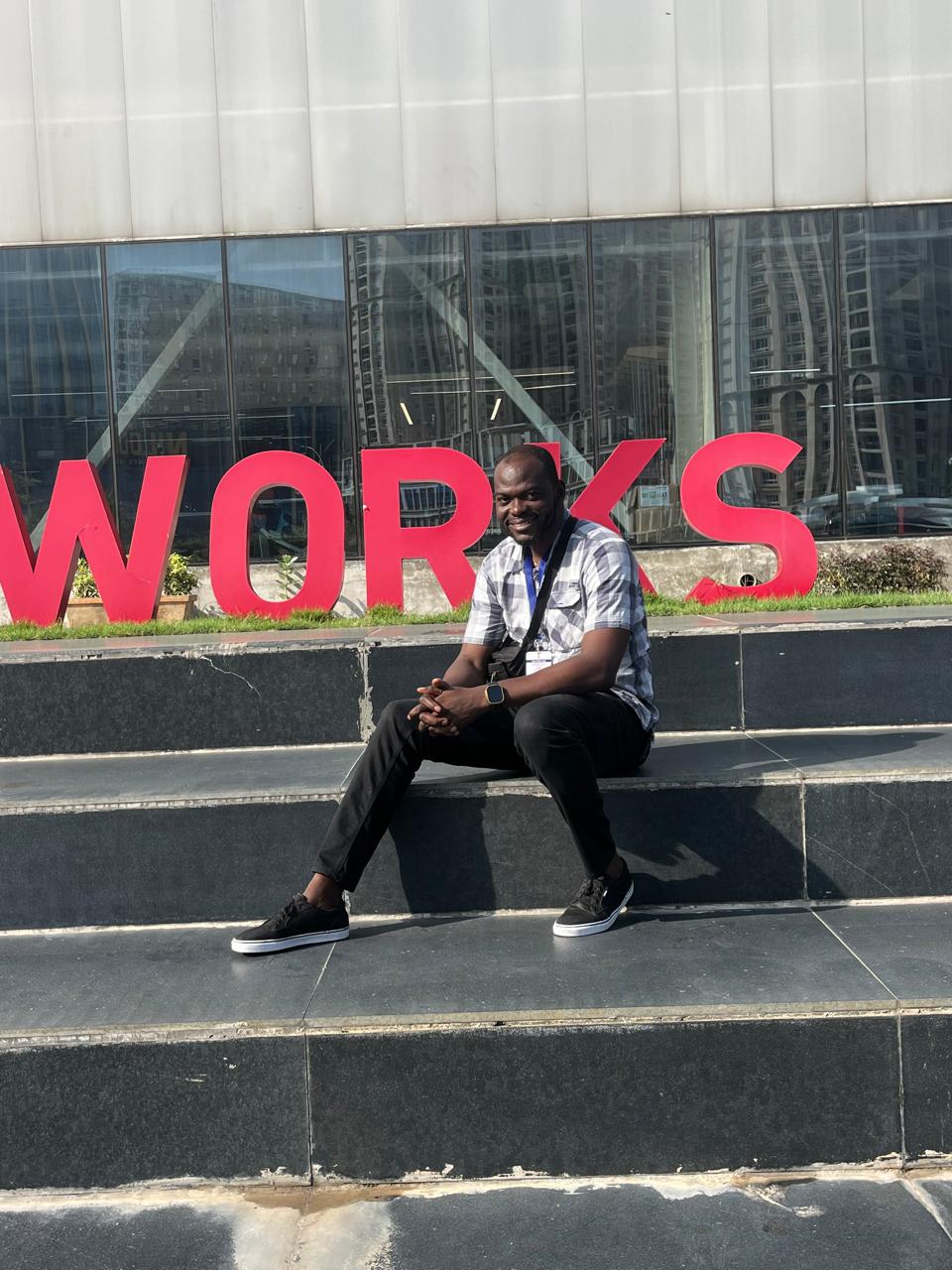
By building open-access centers that prioritize hardware prototyping, skill development, and creativity, African governments can empower a new generation of inventors and problem-solvers. Moreover, public-private partnerships, as seen in T-Works, could accelerate our journey towards digital transformation and industrial self-reliance.
This experience has broadened my perspective on how infrastructure, innovation, and inclusive policies can come together to reshape a nation’s creative economy. T-Works is a living example of what happens when access meets opportunity — a model Sierra Leone and the rest of Africa should not just admire, but actively adapt.
Africa can build too. But we must first create the space for it to happen.
